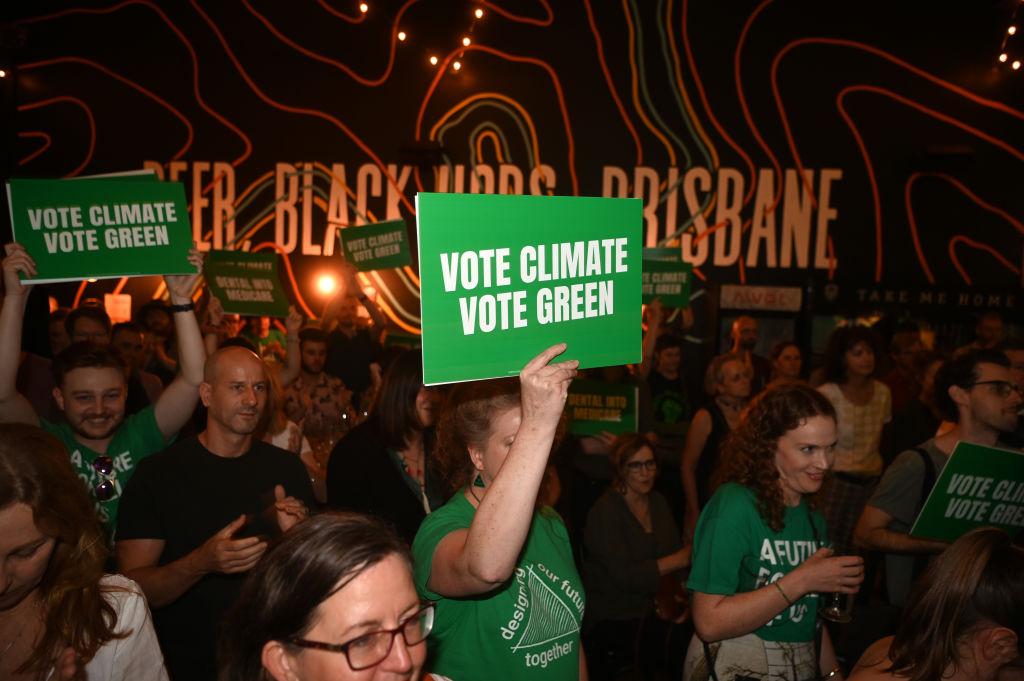The Australian Greens’ attempt to compel the Labor federal government to stop new coal or gas projects has put the two political parties at crossroads.
Labor is currently in negotiations with the Greens to drive the Safeguard Mechanism legislation through the Senate after the Liberals and the Nationals said they would oppose it, leaving the crossbench and Greens Party senators in control of the legislation.




